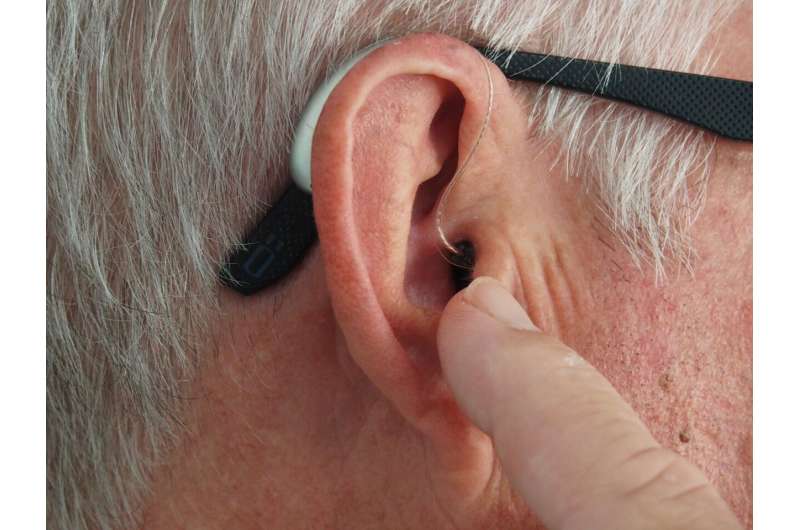Hunger and Neural Circuits Delay Puberty Onset in Mice

Neuroscientists at RIKEN have identified neural pathways linking hunger to delayed puberty in female mice, unveiling potential mechanisms shared with humans that connect nutrition and reproductive development.
Recent research by neuroscientists at RIKEN has uncovered a neural circuit in female mice that links hunger with delayed puberty. This discovery provides insight into how nutritional status can influence reproductive development, with potential implications for humans as well.
The study, published in the journal Neuron, reveals that in well-nourished mice approaching puberty, neurons in the hypothalamus that produce kisspeptin—a key regulator of reproductive hormones—exhibit rhythmic, pulsatile activity that increases as puberty nears. However, in undernourished mice, neurons located in the arcuate nucleus, which are responsible for sensing hunger, dampen this pulsatile activity. This effectively acts as a brake, delaying puberty.
Interestingly, the team observed that once food becomes available again, the activity of kisspeptin neurons recovers swiftly, within hours, pointing to a rapid neural response rather than hormonal mediation. This led them to investigate neural pathways involved in hunger and satiety sensing.
The findings suggest that a neural circuit involving those hunger-sensing neurons can quickly influence reproductive hormone regulators, effectively linking nutritional cues to puberty timing. Given that similar neurons and kisspeptin pathways are highly conserved in humans, researchers believe a similar mechanism might influence puberty in people.
Kazunari Miyamichi, one of the lead researchers, emphasized the importance of this discovery, noting that it opens new avenues for exploring developmental neuroscience during adolescence. The research underscores the complex interaction between diet, brain function, and reproductive development, illustrating how nutritional status can directly impact puberty onset.
This study offers a new understanding of how the brain integrates metabolic signals with reproductive function, which may have implications for addressing pubertal disorders related to nutrition and metabolic health.
Stay Updated with Mia's Feed
Get the latest health & wellness insights delivered straight to your inbox.
Related Articles
Innovative, Personalized Approach to Restarting Methadone Treatment for Opioid Use Disorder
A groundbreaking study introduces a personalized methadone restart protocol that enhances safety and effectiveness for individuals with opioid use disorder, adapting treatment to meet patients' unique needs amidst the opioid crisis.
Loneliness Linked to Increased Risk of Hearing Loss: Insights from a Large UK Cohort Study
A large UK study uncovers a strong association between loneliness and increased risk of developing hearing loss, emphasizing the impact of social factors on ear health.
Elinzanetant Effectively Reduces Vasomotor Symptoms in Breast Cancer Patients on Endocrine Therapy
A new phase 3 trial shows that elinzanetant significantly reduces hot flashes and night sweats in women undergoing endocrine therapy for breast cancer, improving quality of life.
The Impact of Structural Racism on Healthcare Outcomes
Explore how structural racism creates systemic health disparities and what multidisciplinary approaches are needed to promote health equity.



